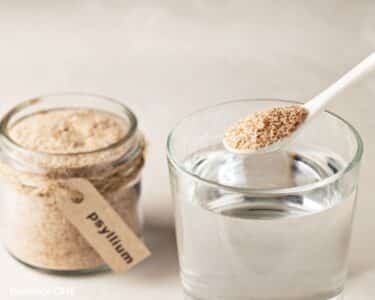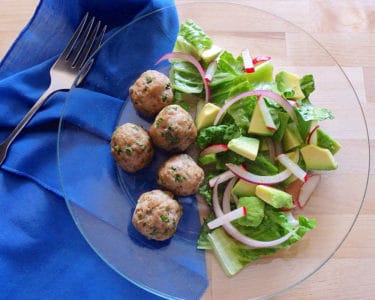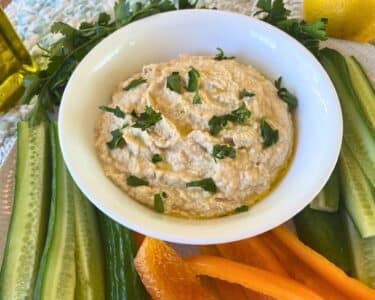Candida albicans is a species of yeast that exists in your gut. Most of the time, it co-exists happily with the rest of your microbiome. However, in some circumstances it can grow out of control. (14)
The other bacteria in your gut will usually keep Candida albicans in check. But a number of different factors can change this - for example, a high-sugar diet, a course of antibiotics, or chronic stress.
When this happens, Candida albicans can quickly expand its colonies and start to dominate the flora in your gut.
Candida is a particularly difficult opponent, for several different reasons. Firstly, it hides from your immune system really well, creating biofilms to protect itself. Secondly, it can convert back and forth from its fungal form as conditions in your gut change. And thirdly, it can change the pH of its surroundings to enable it to switch to its pathogen form. (15, 16, 17)
Candida does not just affect your gut. It also causes vaginal yeast infections, athlete’s foot, oral thrush, diaper rash, and nail fungus. These skin infections are often related to an intestinal Candida overgrowth in the gut.














